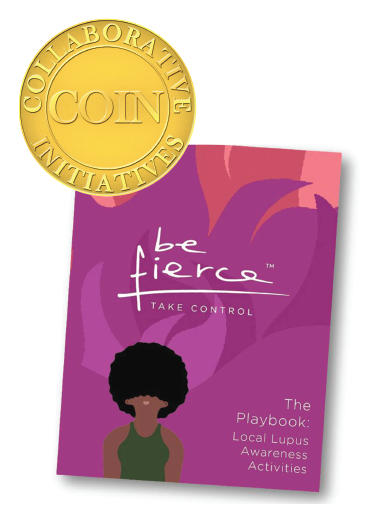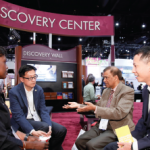The ACR’s Collaborative Initiatives (COIN) department develops and tests innovative solutions for complex rheumatology care problems. “All of the work COIN does—programs toward health equity, creating models to increase rheumatology-related capacity in places of need, building bridges with local and national patient organizations—is done on [behalf of its members],” says Dr. David Daikh. Each month The Rheumatologist will highlight one such program.
The Campus Playbook
African-American women have the highest risk of developing lupus.1-3 African-American women also experience onset of the disease at an earlier age. African-American women also tend to have increased disease symptom severity and experience more lupus-related complications than non-Hispanic white women.1,4 To close this gap, ACR members and collaborators developed a lupus awareness resource to be used at colleges and universities with high populations of African-American women.
The playbook is a downloadable step-by-step guide to planning and executing a lupus awareness activity on a college campus. This online resource provides detailed information that allows sororities, fraternities, student unions and other campus organizations to plan and hold events to increase the student body’s awareness of the signs and symptoms of lupus and the benefit of early diagnosis. For example, student groups can educate themselves about lupus using the playbook’s PowerPoint presentation and presentation script, which contains information about lupus, its disproportionate impact on women, its disproportionate impact on African-American women and why it’s important for organizations to help increase awareness.
Once educated themselves, the organizations are equipped to host hands-on lupus awareness events on campus and on social media platforms. The playbook includes tips and tools, such as detailed guidelines on venue selection, event management, speaker recruitment and how to conduct a social media campaign.
To make it easier for student organizations to follow these guidelines, the playbook contains a social media assets bundle, which includes planning sheets, graphics and content. The playbook also contains an event asset bundle, comprising event planning sheets, volunteer sign-up sheets, event flyers, event talking points and email templates that can be used to request event funding, obtain facility permissions, invite event guests and speakers, as well as attain partner organization support.
Development of the Playbook

To address the gap in lupus diagnosis and health between young African-American women and non-Hispanic whites, the COIN department convened a group of communications experts to gather key information on the intended audience through in-depth, semi-structured phone interviews, points of contact and student organization representatives at various educational institutions.


